From Madison 365 by Jnae Thompson November 17 2023
The National Indigenous Cannabis Industry Association (ICIA) has announced an expansion to a growing interest in the cultivation and innovation of the Indigenous Cannabis Industry. Recently the Indigenous Cannabis Industry Association, the national Indigenous-led nonprofit creating opportunities for Indigenous communities in cannabis and hemp, welcomed five tribal government members onto its first board of directors.
The full list of inaugural directors includes:
- Founder and CEO — Rob Pero (Ojibwe Nation/Bad River), founder of Wisconsin’s only independent hemp company Canndigenous and marketing, consultancy, and media agency Perodigm
- Executive Director — Mary Jane Oatman (Nez Perce), founder of Indigenous Cannabis Coalition and THC Magazine
- Secretary — Colin Price (Ho-Chunk Nation), communications and public relations for B-Team Strategy and Heena Development
- Treasurer — Fern Orie (Oneida Nation), founder of The Matriarch Group
- Board Member — Marni King (Menominee Oneida Nation), HUB Insurance
Founded in 2022, the ICIA exists to create opportunities and equity in the cannabis and hemp industries for Indigenous people and Tribal nations. By empowering communities through policy, programming and outreach initiatives, the ICIA brings together Tribal leaders, elected and government officials, business, healthcare, veterans groups, and advocacy organizations to uplift cannabis economic development, according to a news release from the Indigenous Cannabis Industry Association.
Oatman, the executive director, tells Madison365 she is committed to this work to “fit the needs of Tribes in the emerging multibillion-dollar cannabis industry and also to provide technological assistance and support to the legal hemp industry.”
“The legislative and carceral challenges associated with cannabis cultivation, which disproportionately impact Indigenous women, was born out of historical legacy with plant medicine,” adds Oatman, talking about the themes of Indigenous plant reclamation, education, and advocacy that inspired her to create THC Magazine and develop the Indigenous Cannabis Coalition.
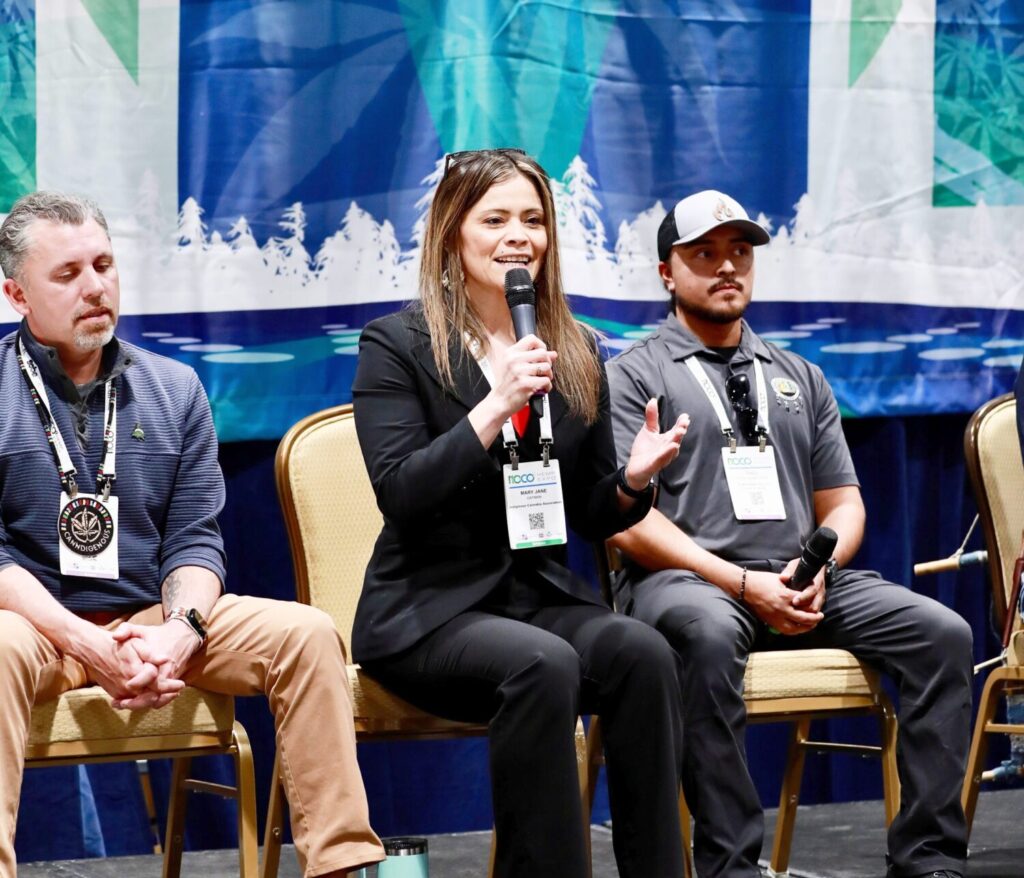
The theme of plant reclamation is also central to legislative advocacy and navigating criminal systems associated with state cannabis regulations. Oatman passionately spoke about her experiences with Idaho state laws and social ideologies that challenge the social, health, and economic movement of Indigenous Plant Cultivation and usage of weed seed nationwide.
Oatman explains that Idaho’s strict enforcement of criminal and civil laws also seeks to ban the “cultivation of smokable flower,” which goes even further than Wisconsin laws against high THC levels.
The criminalization of various Indigenous cultural interlinks with healthcare and medicine, food, personal hygiene practices, and many more associated with the cannabis plant has a severe impact on the economic and social structure of these marginalized groups. The methods of cannabis usage, such as medicine and plant cultivation techniques, have also been historically co-opted and exclusionary in the acknowledgment of the uniquely Indigenous origins and innovations they stem from.
Oatman and other association members also look to educational reform that seeks to advocate for cultural practices and disrupt chains of stigmatization that justified the criminalization of Indigenous communities. Conversations about early usage among youth, medical and matriarchal histories associated with cultural practices, as well as exploring the ways voices have been silenced, were all deemed significant for social, political, and economic change that reflects the urgency in recognizing Indigenous foremothers and fathers.
“Our board and our members have a vested interest in moving the needle on cannabis policy reform to benefit our people as a whole,” says ICIA founder and CEO Rob Pero in a statement. “Our first tribal government members are taking the first step to support the mission of ICIA. By partnering with ICIA, these Nations are spearheading the cannabis movement in Indian Country and exploring cannabis and hemp in a good way that will have lasting impacts on our communities.”
Currently the following Nations and Tribal Governments — Sokaogon Chippewa Community Mole Lake Band of Lake Superior Chippewa, Fond du Lac Band of Lake Superior Chippewa, Ho-Chunk Nation, St. Croix Chippewa Indians of Wisconsin, Keweenaw Bay Indian Community — have officially partnered with the ICIA to continue a path of community uplift and, as Oatman tells Madison365, “to vocalize the rights and protections of Indigenous peoples.”

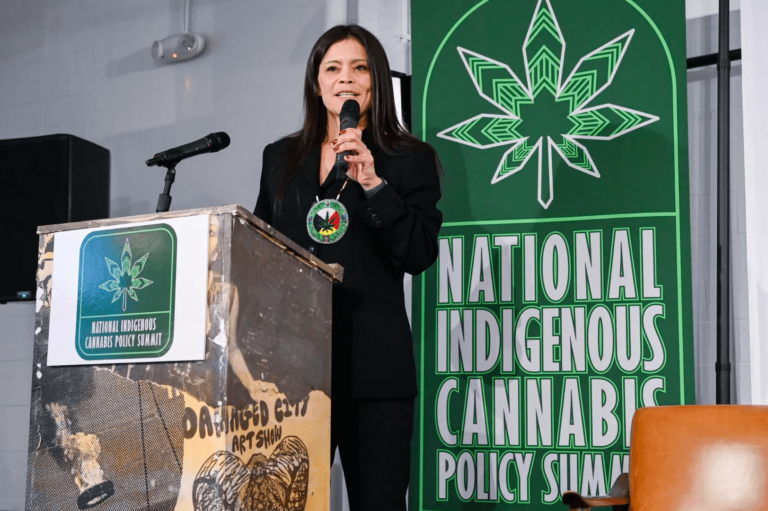







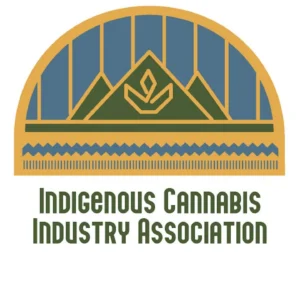

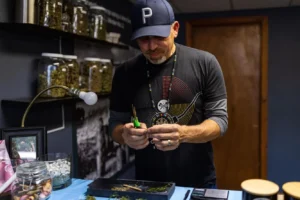

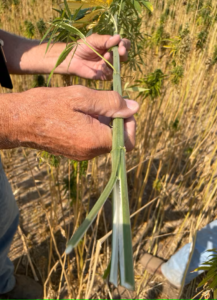

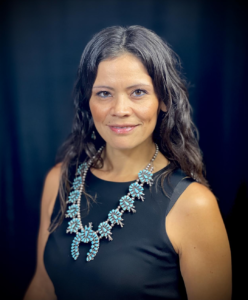
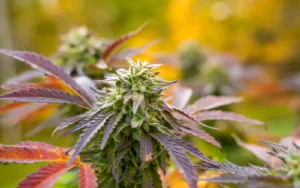

Comments are closed.